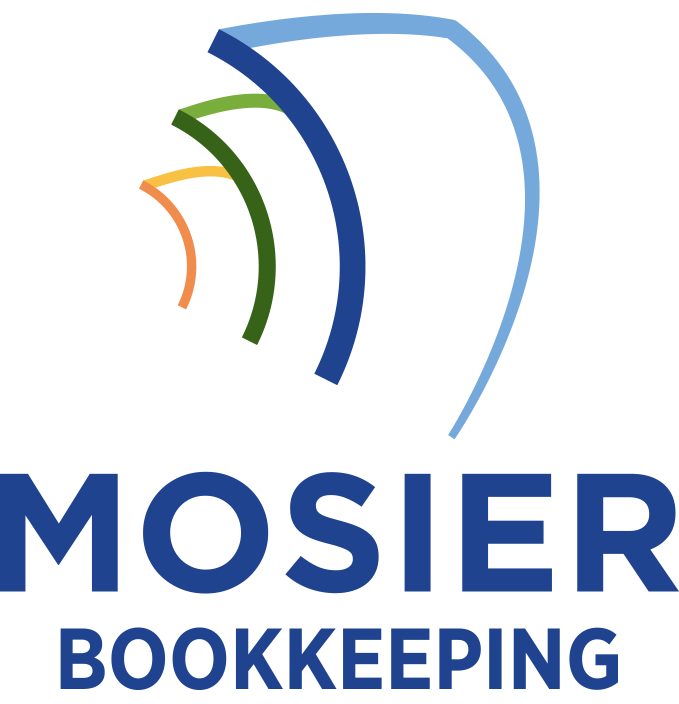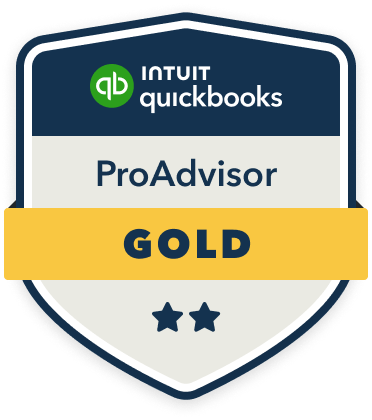Small business owners need to understand several foundational bookkeeping terms to manage their finances effectively. I’ll highlight the most essential ones: gross and net revenue track your total sales before and after deductions, while operating income shows your core business profits. Your balance sheet equation (Assets = Liabilities + Equity) reveals net worth, and accounts payable/receivable monitor money owed. Understanding these terms will strengthen your financial decision-making and control.
Basic Income and Revenue Terminology

While many entrepreneurs focus primarily on making sales, understanding income and revenue terminology is essential for proper bookkeeping. I’ll help you master the core concepts: Gross revenue represents your total sales before any deductions, while net revenue reflects sales minus returns and allowances. Operating income shows your profit from core business activities after deducting operating expenses. Non-operating income includes earnings from investments, interest, or asset sales. When you’re tracking these metrics, remember that gross income equals your revenue minus cost of goods sold (COGS), while net income represents your bottom line after all expenses.
Essential Balance Sheet Terms and Concepts
Understanding revenue concepts naturally leads us to examine the balance sheet, which provides a snapshot of your business’s financial position. I’ll break down the core components you need to master: assets, liabilities, and equity.
Assets represent everything your business owns – from cash and inventory to equipment and accounts receivable. Liabilities encompass what you owe, including loans, accounts payable, and outstanding debts. Owner’s equity shows your stake in the business, calculated by subtracting liabilities from assets.
This fundamental equation (Assets = Liabilities + Equity) drives financial decision-making and determines your business’s net worth.
Accounts Payable and Receivable Explained

Since healthy cash flow depends heavily on managing payments, accounts payable (AP) and accounts receivable (AR) form the backbone of your business’s daily financial operations. AP represents money you owe vendors, while AR covers money customers owe you. Understanding these accounts is pivotal for maintaining control over your finances and leveraging your position.
- AP aging reports reveal upcoming payment obligations and available early payment discounts
- AR aging reports identify late-paying customers and collection priorities
- AP-to-AR ratio indicates your working capital efficiency
- Strategic timing of AP/AR can maximize your cash position and negotiating power
Key Financial Statement Components
Transparency in financial reporting relies on three core statements that reveal your business’s complete financial story: the balance sheet, income statement, and cash flow statement.
Your balance sheet provides a snapshot of assets, liabilities, and equity at a specific point in time. I’ll show you how the income statement tracks revenues and expenses over a defined period, revealing your profitability. The cash flow statement monitors how money moves through your business, breaking down operating, investing, and financing activities.
Think of these statements as your financial command center, empowering you to make strategic decisions and maintain control over your business’s financial trajectory.
Tax and Expense-Related Terms

Managing your tax obligations and expenses effectively requires mastering key terminology that impacts your bottom line. I’ll help you understand essential tax and expense concepts that put you in control of your business’s financial decisions.
- Tax Deductions – Business expenses you can subtract from gross income to reduce taxable income
- Depreciation – The systematic reduction in an asset’s value over its useful life
- Capital Expenditure – Long-term investments in assets that benefit your business beyond one year
- Operating Expenses – Day-to-day costs necessary to run your business, including rent, utilities, and supplies
These terms form the foundation for strategic tax planning and expense management.









